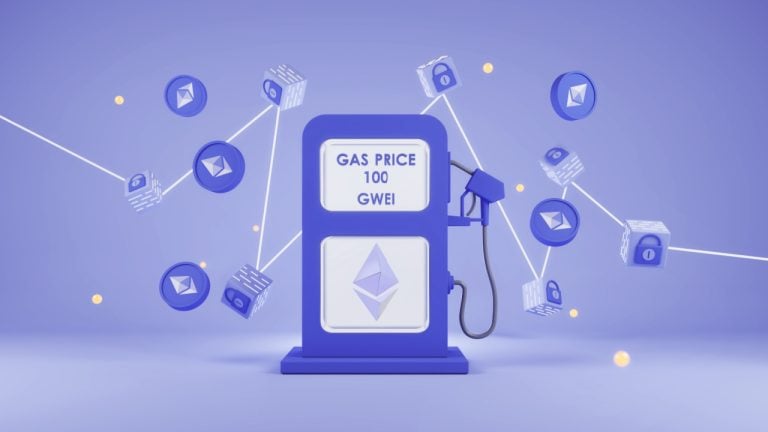Ethereum’s Vitalik Buterin Proposes Gas Limit Increase
Publikováno: 13.1.2024
 Amidst escalating transaction fees, Ethereum’s Vitalik Buterin has suggested a substantial gas limit increase, potentially boosting network capacity and reducing user expenses. Ethereum’s Vitalik Buterin Advocates for Higher Gas Limit to Improve Network Capacity Ethereum ecosystem co-founder Vitalik Buterin has proposed an increase in the network’s gas limit. This adjustment, aimed at augmenting network capacity, […]
Amidst escalating transaction fees, Ethereum’s Vitalik Buterin has suggested a substantial gas limit increase, potentially boosting network capacity and reducing user expenses. Ethereum’s Vitalik Buterin Advocates for Higher Gas Limit to Improve Network Capacity Ethereum ecosystem co-founder Vitalik Buterin has proposed an increase in the network’s gas limit. This adjustment, aimed at augmenting network capacity, […]

Amidst escalating transaction fees, Ethereum’s Vitalik Buterin has suggested a substantial gas limit increase, potentially boosting network capacity and reducing user expenses.
Ethereum’s Vitalik Buterin Advocates for Higher Gas Limit to Improve Network Capacity
Ethereum ecosystem co-founder Vitalik Buterin has proposed an increase in the network’s gas limit. This adjustment, aimed at augmenting network capacity, could potentially lower costs for users and enhance transaction efficiency.
Ethereum’s gas limit is the ceiling for the total amount of gas allowed in a single block. Gas, a fee necessary for conducting transactions or executing contracts on the Ethereum blockchain, ensures the network’s operational fluidity. Presently, the gas limit stands at 30 million.
During an Ask Me Anything (AMA) session with the Ethereum Foundation’s research team on Reddit, Buterin suggested a “modest” gas limit increase, proposing a raise to approximately 40 million. This adjustment represents a 33% hike from the current limit. The rationale behind this proposal is to enhance transaction inclusion in each block, thereby boosting overall throughput and network capacity.
While increasing the gas limit could improve network performance, it’s not without risks. Larger blocks require more energy for processing, potentially increasing the likelihood of chain splits and abandoned blocks.
Reflecting on Ethereum’s history, the network has seen a gradual increase in the gas limit, from around 3 million post-launch in 2015 to 15 million following the Berlin hard fork in April 2021.
According to data from Dune, 2023 witnessed a significant spike in network gas fees, with the median price reaching higher than 150 gwei in May, primarily due to the inscriptions frenzy. One gwei equals 0.000000001 ETH. Currently, the average gas price hovers in the low 30s, with an increase since the onset of 2024, particularly for complex smart contract operations. Rising gas fees on the network have led to dissatisfaction among many users, as even basic transactions can become too costly at times.
$ETH / #Ethereum gas fees are ridiculous right now … 😢 pic.twitter.com/4oqQq0jeWZ
— PennybagsCX (@PennybagsCX) December 30, 2023
The proposal has stirred diverse reactions within the Ethereum community. Some, like Gnosis Chain co-founder Martin Köppelmann and Coinbase’s Jesse Pollak, support the increase, with Pollak suggesting a further raise to 45 million. However, Ethereum core developer Dankrad Feist urges caution, pointing out the need to target calldata and blobs per block in conjunction with the overall gas limit in order to get more capacity for L1 applications and rollups.
Buterin’s proposition, if implemented, wouldn’t necessitate a major network update or hard fork. Validators could effectuate this change by modifying certain parameters in their node software. This move could either reduce transaction costs or, more likely, increase network capacity at similar costs, leading to more burn, as per Köppelmann.
Are you in favor of a gas limit increase? Share your thoughts and opinions about this subject in the comments section below.